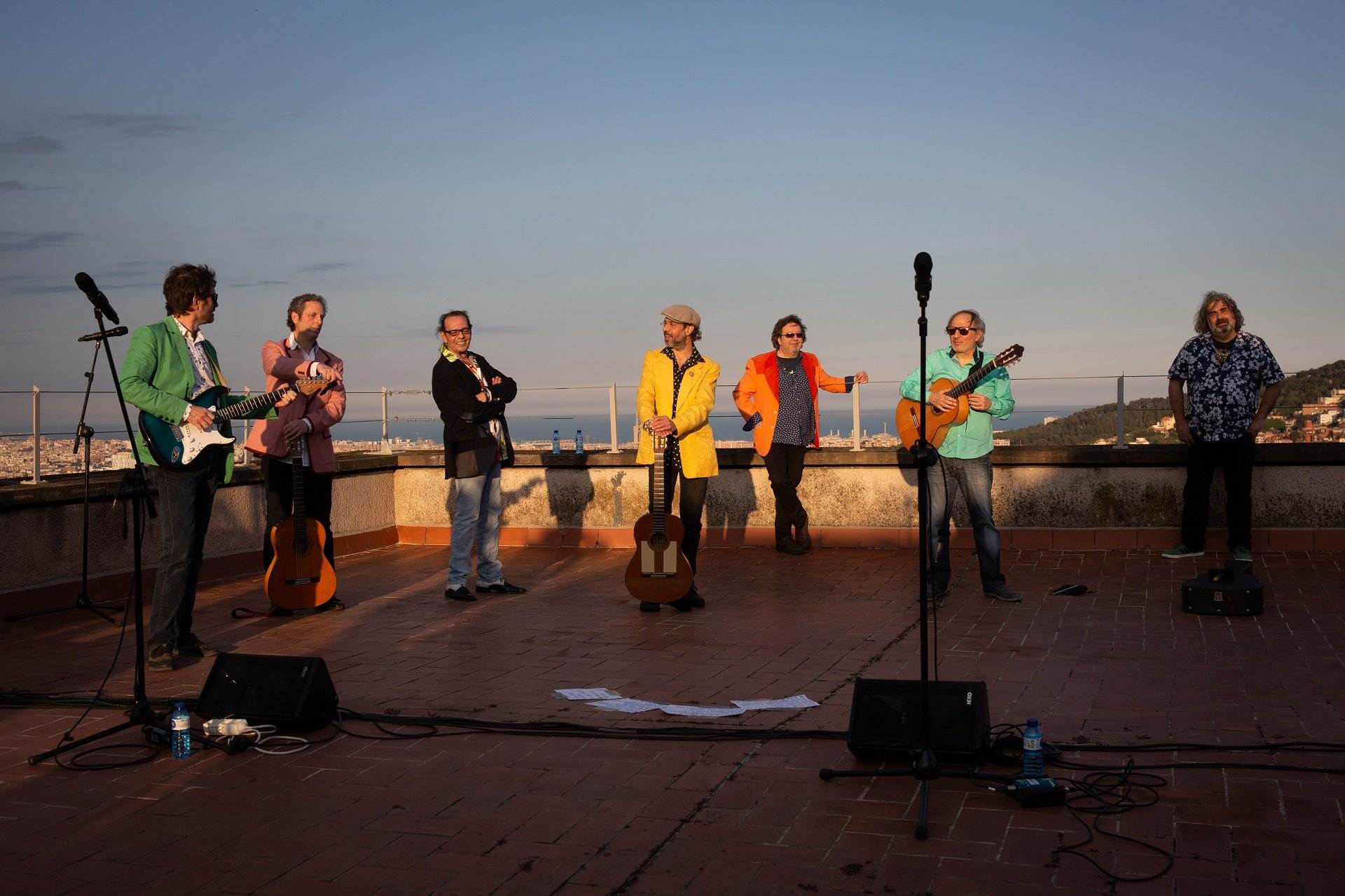The Platform for the Defence of the Catalan Rumba denounces that they are having difficulties declaring the musical genre as an item of Intangible Cultural Heritage of Humanity recognized by UNESCO. As reported by El Periódico this Friday, one of the main obstacles they face is the name rumba catalana (Catalan rumba) and the fact that the proposal to protect this heritage item was presented by only one Spanish autonomous community, according to the conclusions reached by the platform after talking to the Spanish ministry of culture. The president of the Platform, Amadeu Valentí, has explained that the "Catalan" denomination is what is blocking the process, a fact he considers "incoherent" for all those families who have worked to make it possible. "We are people of culture, we work at the municipal level and for the institutions. For them to do this to us, we don't deserve it", he lamented. For Valentí, giving up the distinction of 'Catalan' represents "mutilating art and removing the identity from a music created and developed in Catalonia that they should support and embrace".
The Catalan identity, a "differential fact"
Amadeu Valenti, in statements to the ACN agency, emphasized that the "Catalan" distinction is a "differential fact" of this genre and that it represents "the philosophy of life of the Catalan gypsy people, whose origins must not be removed". He states that on this point "they will not give in", since it is a denomination that honours the creators of the musical genre, both those who are alive and those who are not. "We have been working on this issue for eight months, thanks to the political groups and also to many other people, and we will not remove it", he insisted.
For its part, the Spanish ministry has denied to El Periódico that it has specifically asked for the term "Catalan" not to be included in the candidacy, although it has admitted that in the various meetings it has had with the promoters they have been told that an international candidacy with "several autonomous communities" would have more chances to succeed. In addition, they also remember that each state can only present one candidacy every 2 years, and in addition to the Catalan rumba, the jota dance, cider culture, transhumance and the flower carpets tradition are also in process. According to the newspaper, the Platform considers that there is an option that would grant this recognition more quickly. This would be to get the Spanish government to consider it as "a matter of state", and thus it would not have to be approved by a vote of Spain's Council of Historical Heritage. The classification of the Risco Caído archaeological site (Canary Islands) and the Falles festivities of Valencia are some of the cases that have been achieved using this procedure.
The Catalan rumba is regarded as having been developed by the Romani communities of Barcelona in the 1950s and 60s, decades of great immigration into Catalonia by these communities, particularly from Andalusia, with roots in rumba flamenco and taking in other influences such as from Cuban music and rock and roll.
Support from the Parliament of Catalonia
The Catalan Parliament has shown its support for the candidacy of the Catalan rumba to be declared a cultural and intangible heritage of humanity by UNESCO. In April, MPs unanimously approved the candidacy of the Platform for the Defence of the Catalan Rumba. The Platform started this process on December 12th, 2020, when it registered its proposal with the General Society of Authors and Editors (SGAE) with the slogan "The rumba is ours". So far, political support at municipal and autonomous community level has already been secured. Barcelona city council approved an institutional declaration along these lines on March 31st.
Rocío García, Socialist deputy in the Catalan Parliament, proposed declaring July 24th as the International Day of the Catalan Rumba and pressed for a study plan to be initiated. July 24th is the date on which the Parliament of Catalonia recognized this musical genre as Catalan cultural heritage. The resolution she proposed also calls for support and direct assistance to the Platform for the Rumba, whose representatives attended the parliamentary session, for promotion of a study plan and dissemination of the value of this genre and for moves to guarantee the diffusion of the Catalan rumba in all the channels of the Catalan public broadcasting corporation (CCMA).
Main image: Catalan rumba group Los Manolos / Europa Press

